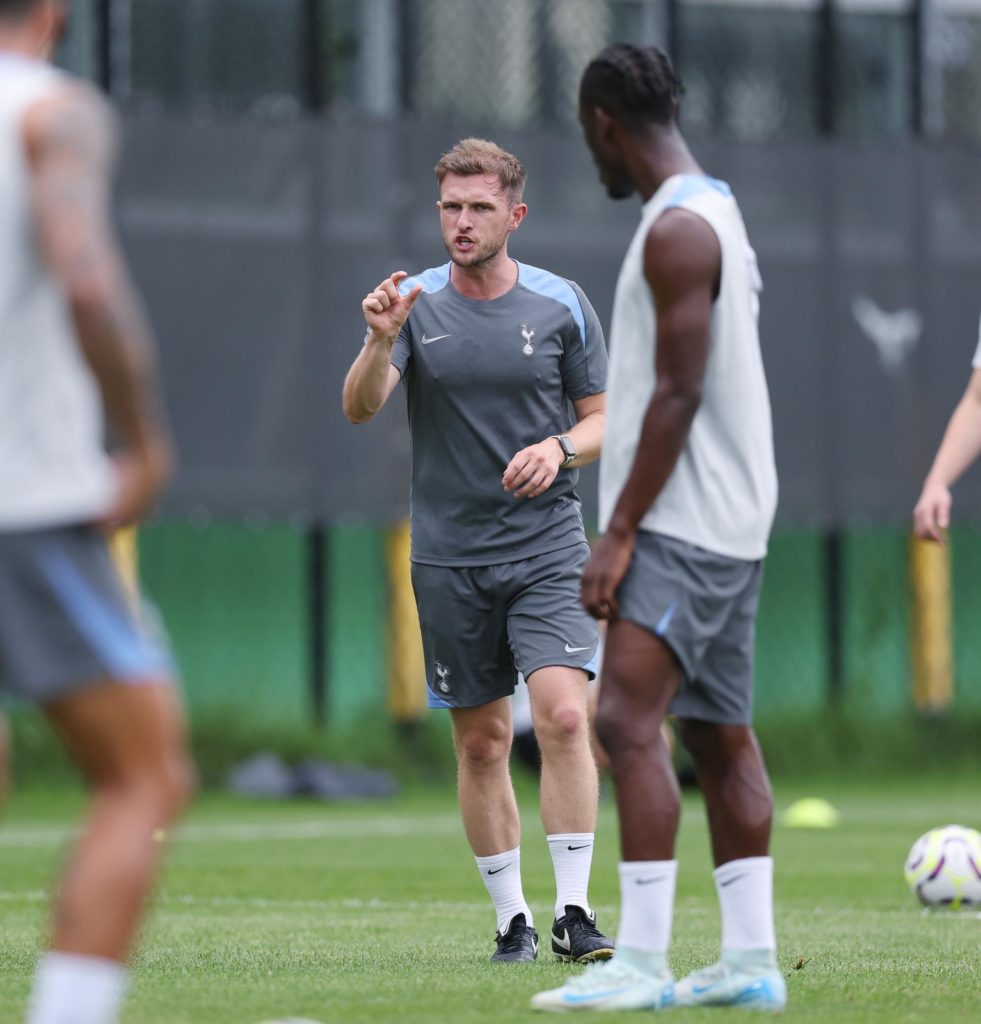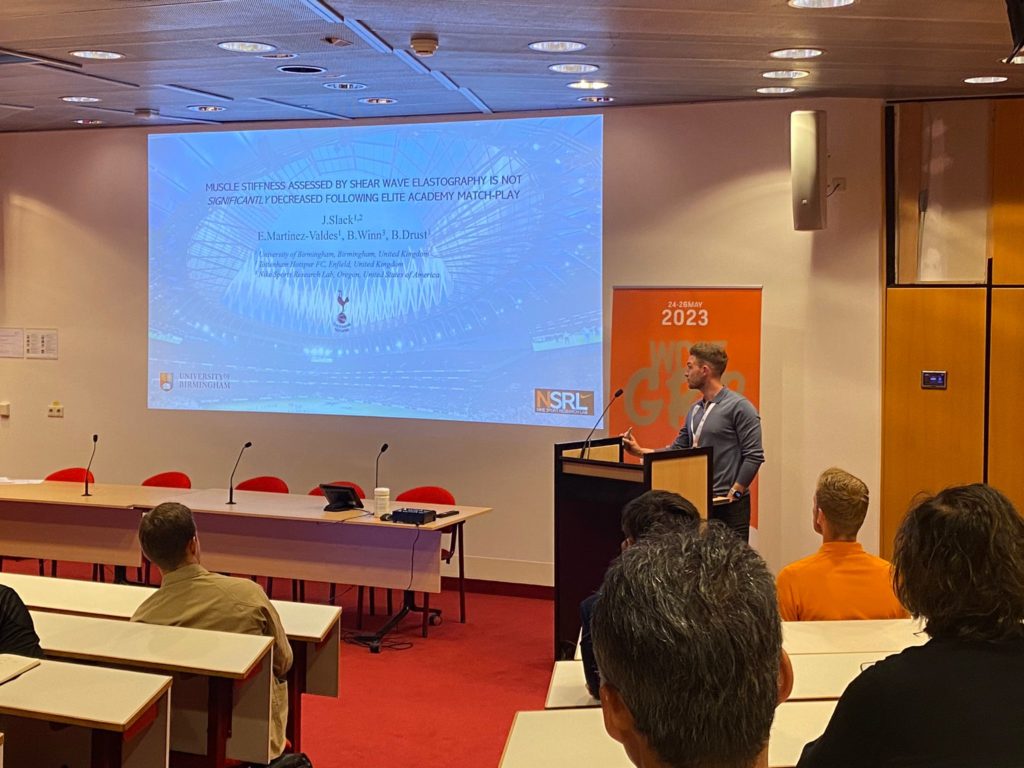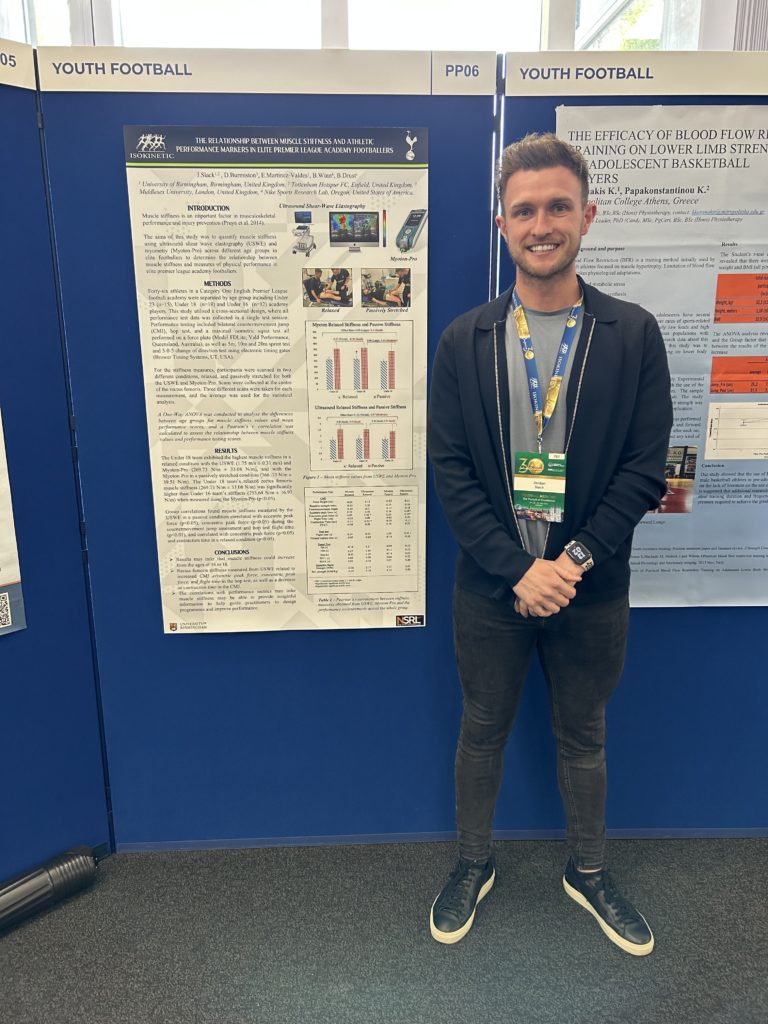By Dr Jordan Slack

As my PhD has come to an end, it has been a really valuable process for me to review my journey and reflect on how I have developed from a naïve academic coming out of my master’s degree – to trying to push myself to operate and perform at a PhD research level. Trying to balance and respect the PhD process whilst working full-time in professional football has been challenging but extremely rewarding at the same time. Despite the demands of balancing both positions over this last four and a half years, this combined approach of being a “dual practitioner-researcher” has helped me endlessly to develop as a researcher and to become a much more rounded practitioner.

When you start your journey in professional sport, it is easy to suffer with tunnel vision, as you get suffocated with the day-to-day and begin to lose perspective of the real-world. For myself, the PhD process has helped me to hold myself accountable to think laterally and see the world through a different lens. This process of taking a step out of my “comfort zone” to think differently and ask myself “why” was one of my main challenges during my PhD. As most practitioners in elite sport will agree, it is easy for people who operate on the shop-floor level (as a practitioner) to turn robotic and machine-like, as everything becomes automatic without a second thought. So, when you are asked to complete a task without clear guidance, you are not accustomed or programmed to think with a more strategic viewpoint. This is where my supervised experience with Barry has been really valuable – as I was consistently challenged and encouraged into thinking about the process of “why” and taking a step back to think more strategically. Barry was the driving force behind this shift in my mindset and pushing me from the “learning stage” to the “performing stage,” and giving me the license and confidence to trust myself.

When I look back at my journey as a whole, although I am incredibly proud to have completed my PhD, my main takeaways will be completely unrelated to the outcome of the research – and more related to the “process” and the continued learning and development which happened along the way. For anyone about to start a PhD, my advice would be:
- For many practitioners in elite sport, periodization and programming are a major facet of their role. Use this skillset to periodize and prescribe when you will complete your PhD work, even to the extent of “high load,” “low load,” and “recovery” focused days to keep you accountable. This will provide you with a structure and schedule you are familiar with.
- Expand your new PhD network (supervisors, PhD students, researchers) to meet like-minded people and experience different ideas and techniques to broaden your horizons in academia. This hugely helped me to wear “both hats” and improved my ability to switch from a room full of academics, to a room full of professional athletes.
- Trust yourself. Although at some periods of your PhD you may feel out of your depth, remember not many people will be as qualified or as knowledgeable as you are at your specific subject area. Remember all the hours or reading and research you have done on that specific topic – this is really important as you reach your performing stage!
- Find a way to shift your focus and slow down your mind. When you are always exposed to a fast-paced, reactive and high-pressure environment, you need to find ways to withdraw yourself and change your pace of thinking. This might be as simple as taking your dog out for a walk or exercising – something that allows you to take a step back and truly “think”.
- Enjoy the process! Not many people are privileged enough to have access to some of the amazing facilities, personnel and universities/organizations that PhD students have. Remember people would love to be in your position – so make the most of all the opportunities and experiences that present themselves!
